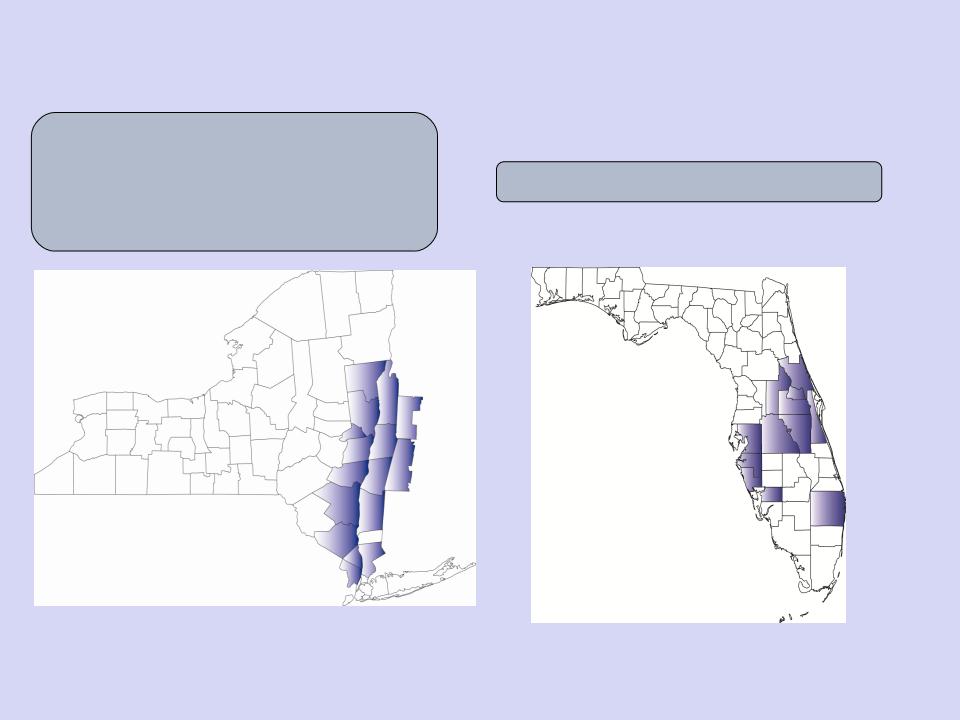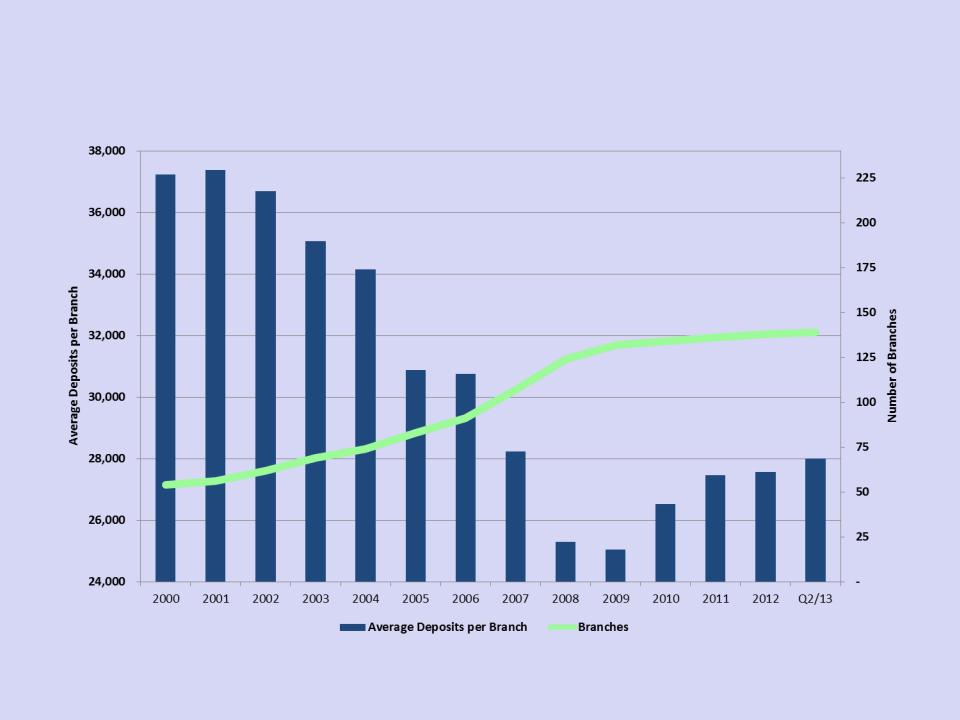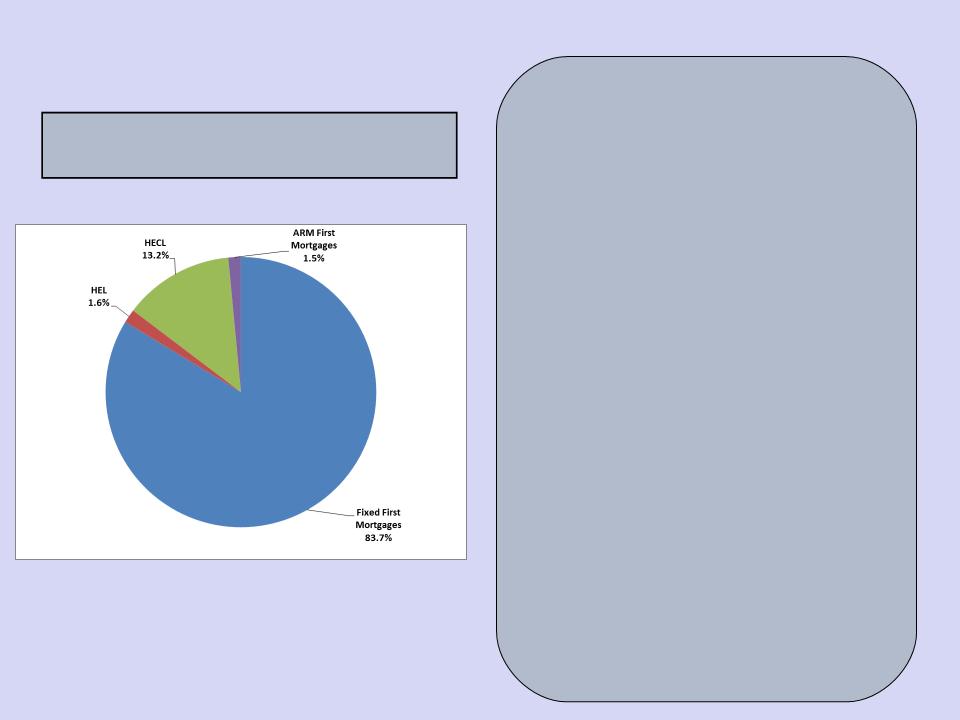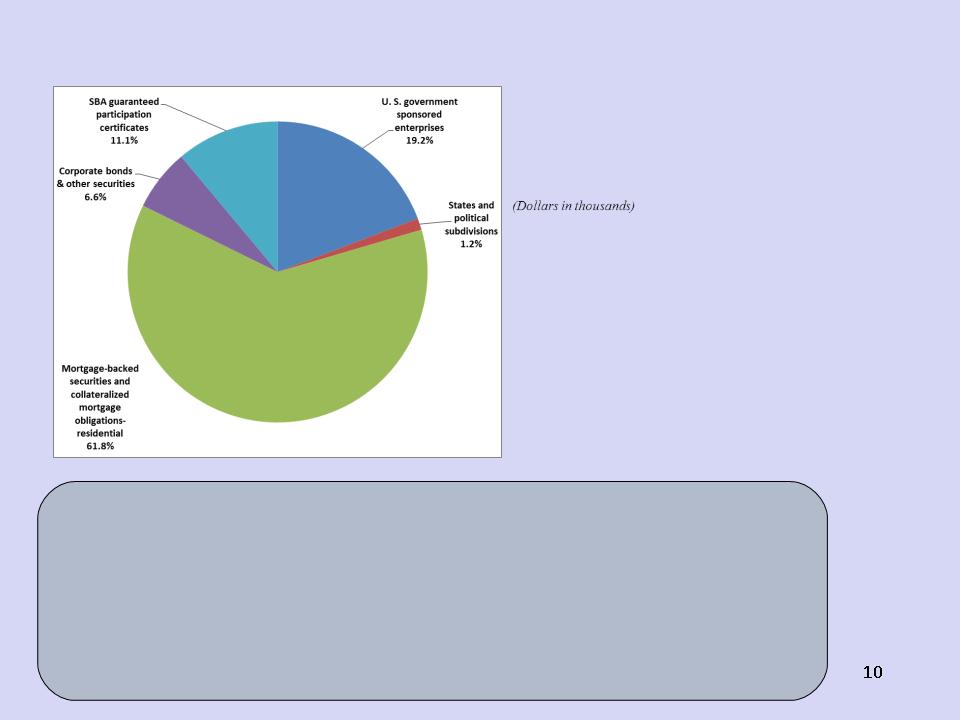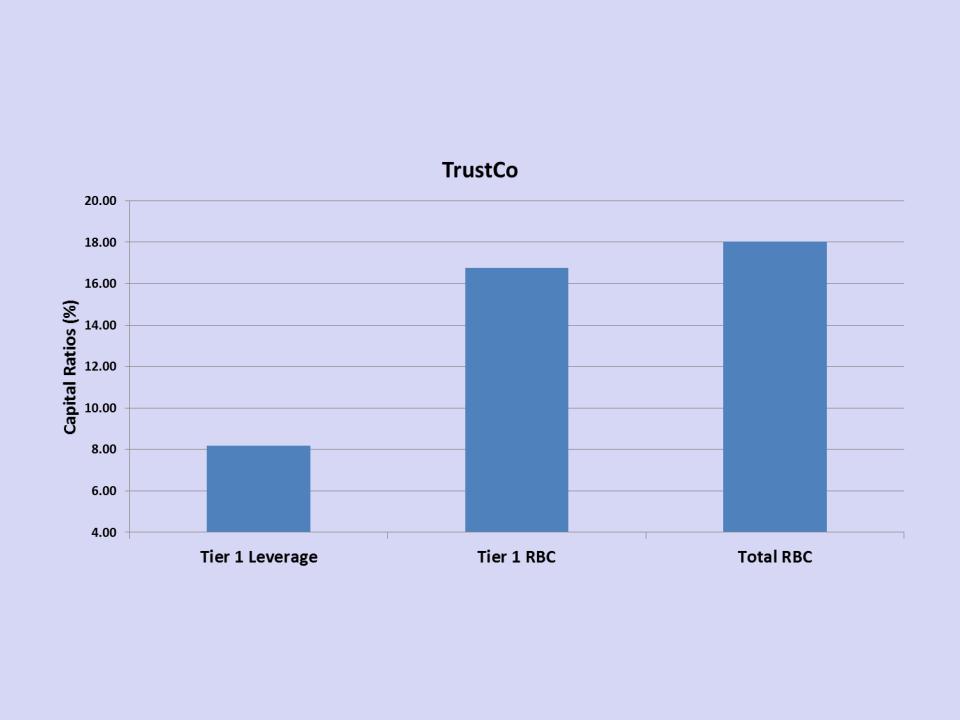Forward Looking Statements
2
Note: Data in this presentation was obtained from SNL Financial and from the Company’s SEC filings.
This presentation contains “forward-looking statements” within the meaning of the Private Securities Litigation Reform Act of 1995 (the “Act”).
Forward-looking statements can be identified by words such as “believes,” “anticipates,” “expects,” “should,” “may,” “plans,” “estimates,” and
similar references; however, such words are not the exclusive means of identifying such statements. Examples of forward-looking statements
include, but are not limited to: (i) projections of revenues, expenses, income or loss, earnings or loss per share, and other financial items; (ii)
statements of plans, objectives, and expectations of TrustCo or its management or Board of Directors; (iii) statements of future economic
performance; and (iv) statements of underlying assumptions. Forward-looking statements are based on TrustCo’s current expectations and
assumptions regarding its business, the economy, and other future conditions. Because forward- looking statements relate to the future, they are
subject to inherent uncertainties, risks, and changes in circumstances that are difficult to predict. TrustCo’s actual results may differ materially from
those contemplated by the forward-looking statements, which are neither statements of historical fact nor guarantees or assurances of future
performance. Factors that could cause actual results to differ from those discussed in the forward-looking statements include, but are not limited to:
(1) local, regional, national, and international economic conditions and the impact they may have on us and our customers; (2) volatility and
disruption in national and international financial markets; (3) government intervention in the U.S. financial system; (4) changes in the level of non-
performing assets and charge-offs; (5) changes in estimates of future reserve requirements; (6) adverse conditions in the securities markets that lead
to impairment in the value of securities in our investment portfolio; (7) inflation, interest rate, securities market, and monetary fluctuations; (8) the
timely development and acceptance of new products and services; (9) changes in consumer spending, borrowings, and savings habits; (10)
technological changes; (11) the ability to increase market share and control expenses; (12) changes in the competitive environment among banks
and other financial service providers; (13) the effect of changes in laws and regulations with which we and our subsidiaries must comply, including
those under the Dodd-Frank Wall Street Reform and Consumer Protection Act and the Basel III update to the Basel Accords that is under
development; (14) the effect of changes in accounting policies and practices, as may be adopted by regulatory agencies, as well as the Public
Company Accounting Oversight Board, the Financial Accounting Standards Board, and other accounting standard setters; (15) the costs and effects of
legal and regulatory developments including the resolution of legal proceedings or regulatory or other governmental inquiries and the results of
regulatory examinations or reviews; and (16) our success at managing the risks involved in the foregoing items; and (17) the other factors that are
described in the Company’s Annual Report on Form 10-K and Quarterly Reports on Form 10-Q under the heading “Risk Factors.” Any forward-looking
statement made by the Company speaks only as of the date on which it is made. Factors or events that could cause the Company’s actual results to
differ may emerge from time to time, and it is not possible for the Company to predict all of them. The Company undertakes no obligation to publicly
update any forward-looking statement, whether as a result of new information, future developments, or otherwise, except as may be required by
law.




